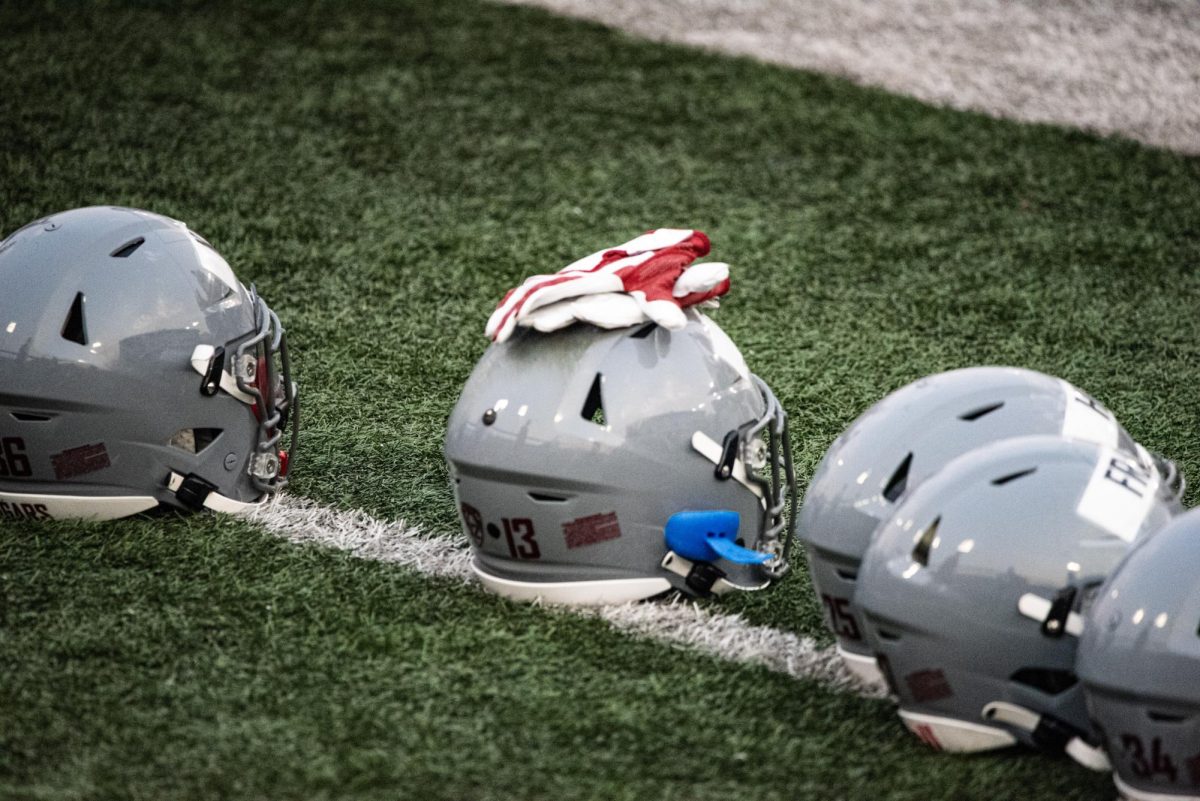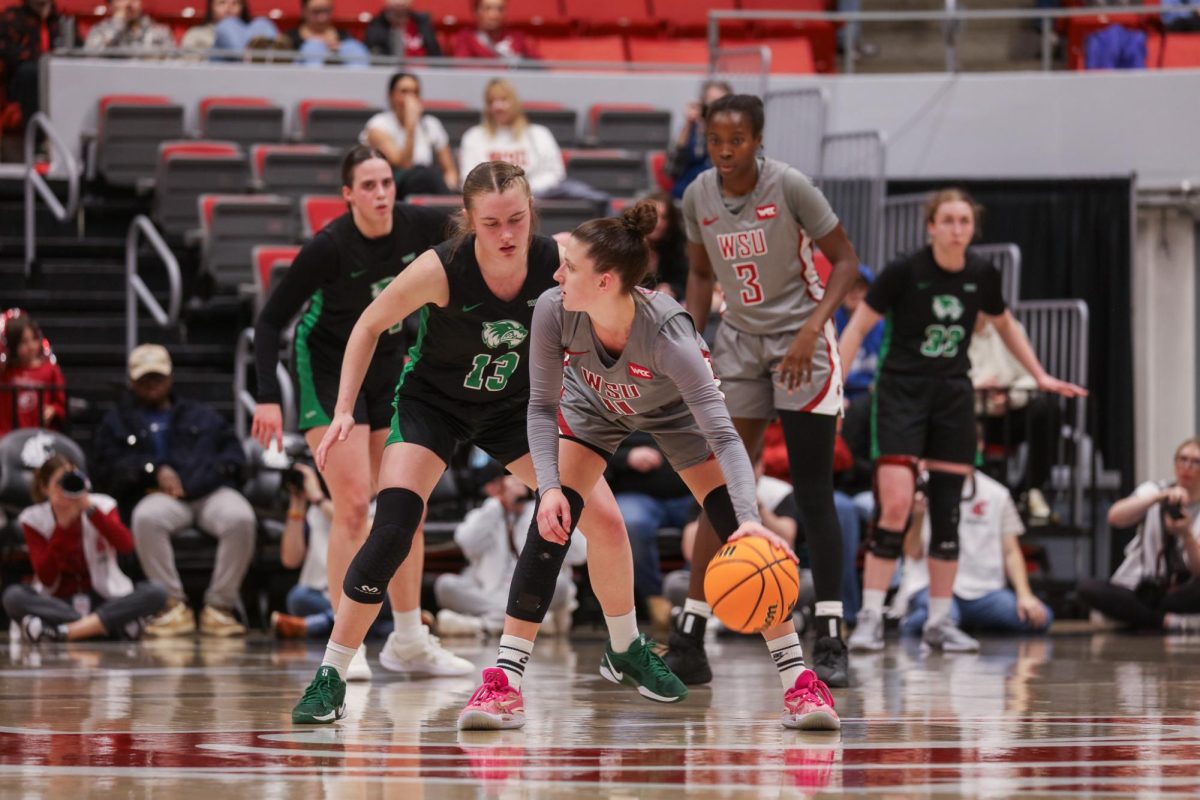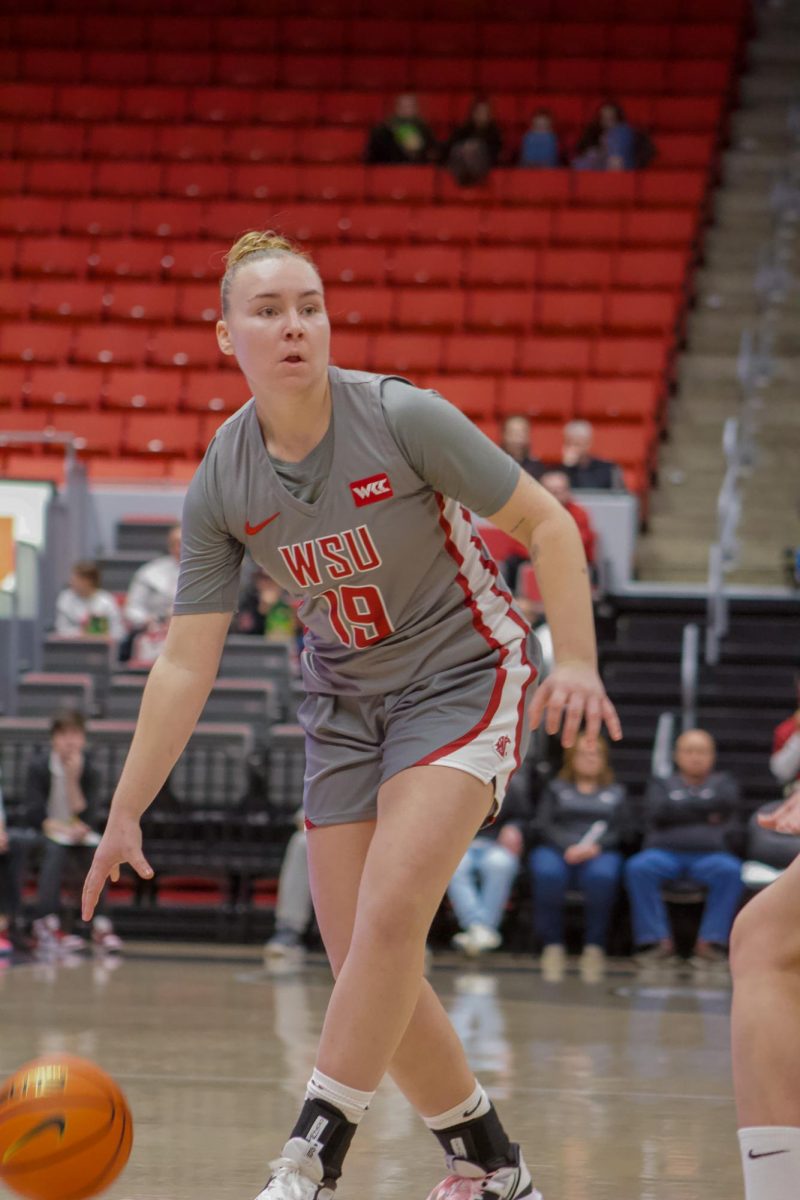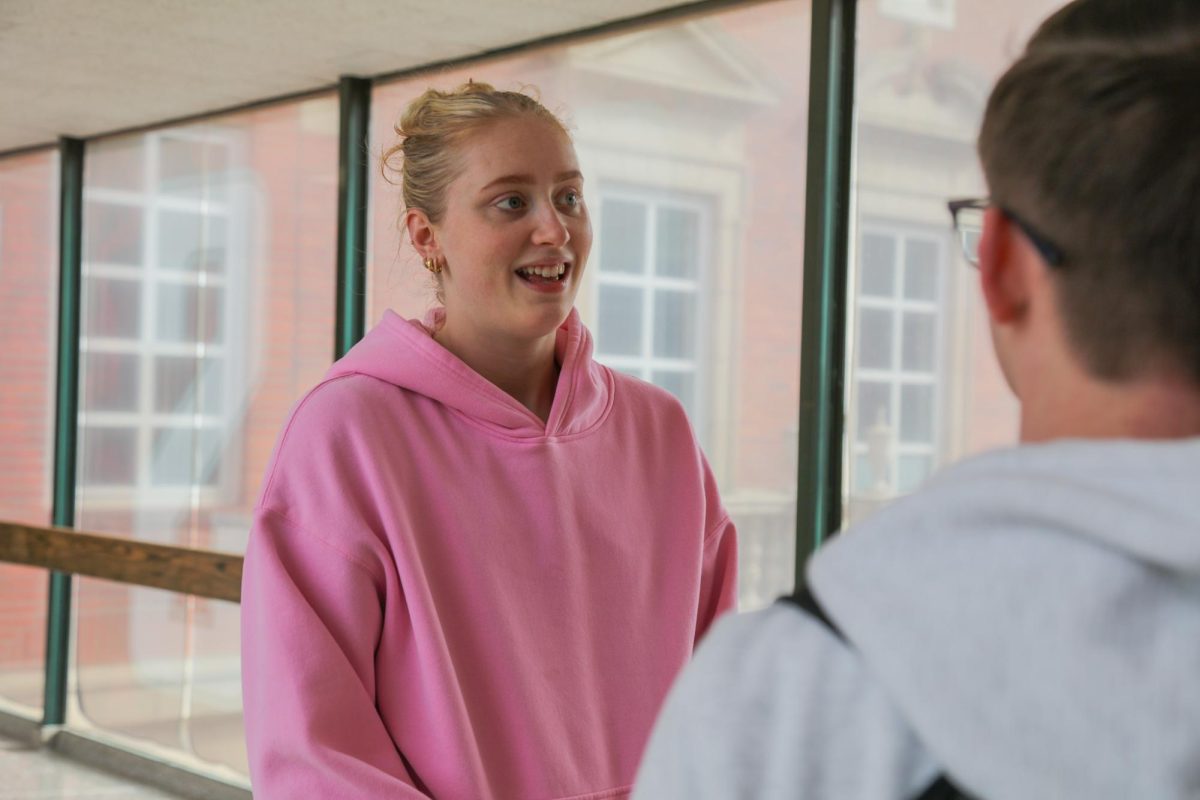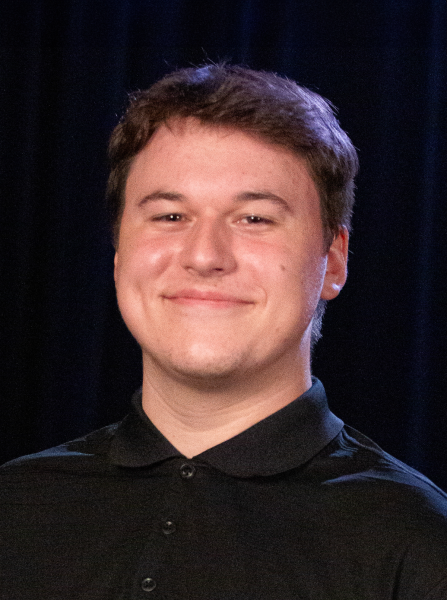WSU Athletics has invested in mental health counseling for their student-athletes, especially in the last five years. One way they have increased their reach is by hiring professionals in the field from outside of their system and bringing them in to work full-time with these student-athletes.
Connor Hartley, WSU Athletics mental health clinician, said he started working with WSU Athletics in October 2022 and moved to Pullman. He has been here since working with all the Athletics departments.
While he works with all departments, the student-athletes are not restricted to just using him as a mental health resource, as they also have access to the counseling center on campus through Cougar Health Services Counseling and Psychological Services (CAPS), Hartley said.
CAPS is available to all currently enrolled students on the Pullman campus, including resources for individual therapy and couples therapy, biofeedback treatments and ‘mental mobile health’ options, anonymous safe spaces and classes that help address mental health issues while connecting students.
Faculty and other staff have access to mental health services through the Employee Assistance Program (EAP) or through their health insurance.
Hartley studied and graduated from Loyola Marymount University in 2015 before completing his master’s in education (M.Ed) in counseling psychology with a focus in sports psychology from Boston University, graduating in 2018, according to WSU Athletics.
After graduating, he started his private practice PNW Resilience, where he operated until coming to WSU.
“PNW Resilience, while a different type of practice, gave me a lot of opportunities to continue working with student-athletes on both performance and mental health issues. I also created templates for group workshops that have been helpful when presenting to small groups and teams,” he said.
At WSU, he works with athletes on their general mental health and sports psych performance issues. He is also available for those not enrolled at WSU through Psychology Today, working clinically with those dealing with depression, anxiety, difficulty with stress management, big life adjustments, grief and hoarding.
Hartley got into the field of mental health and counseling through his love of athletics, his interest in human behavior and his desire to promote the well-being of others.
“I tried a few jobs out of undergrad, including coaching, research and working with kids. I realized I wanted to be involved in mental health and sports, so getting a degree in sport psychology and mental health counseling was a natural fit,” Hartley said.
Being from Tacoma, Washington, coming to Pullman became an easier decision for Hartley, he said. He loves the culture of the Pacific Northwest and getting the opportunity to be near his family and friends, as well as the places to ski, which helped in the decision-making process to take the job at WSU and continue his counseling career.
“As for the part I find most enjoyable, nothing beats seeing a client grow toward a happier, more meaningful life,” he said.


